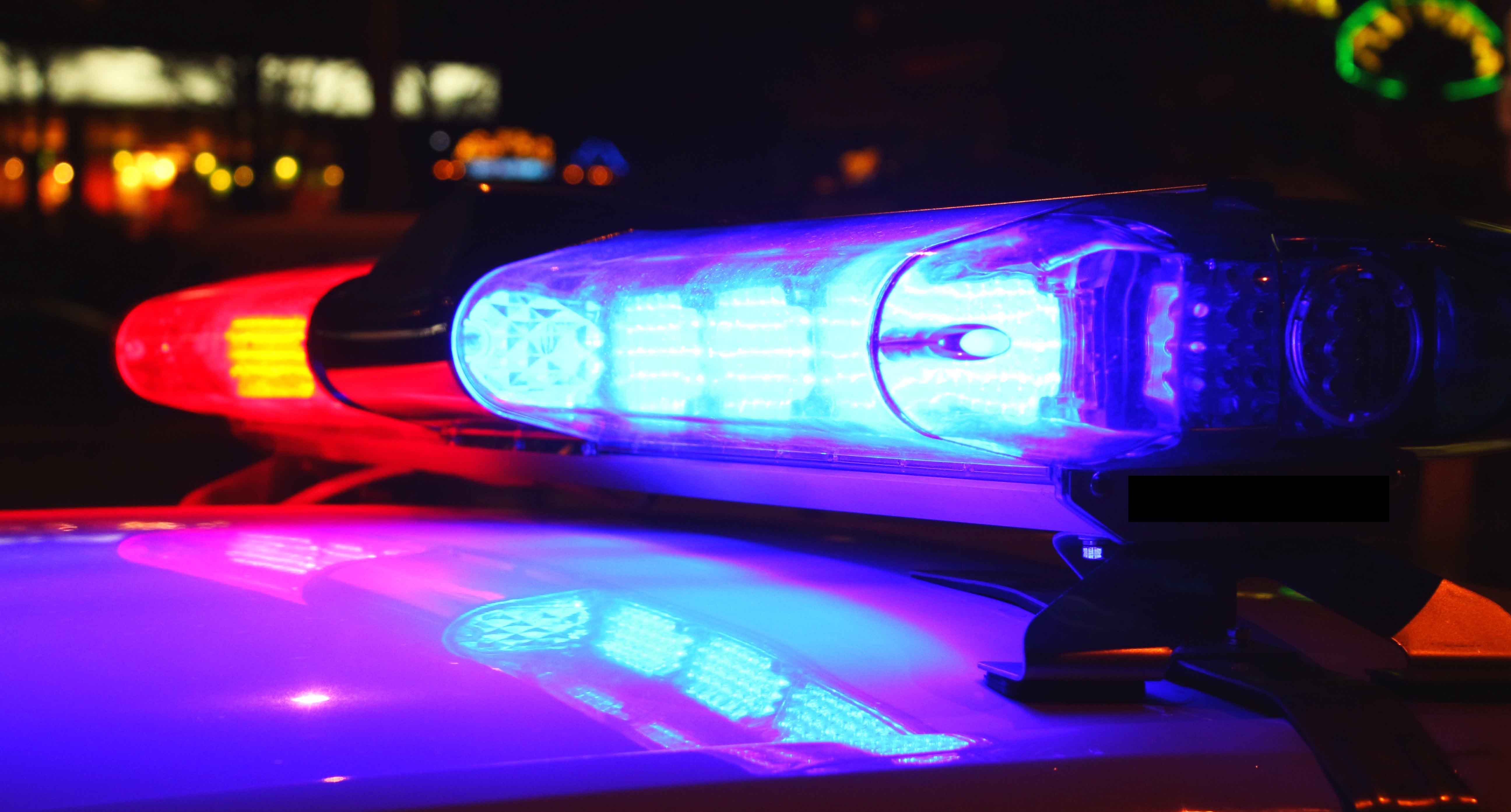A freight train loaded with crude oil derailed in northern Illinois, bursting into flames and prompting officials to suggest that everyone with 1 mile evacuate, authorities said.
The BNSF Railway train derailed Thursday afternoon in a rural area where the Galena River meets the Mississippi, according to company spokesman Andy Williams. The train had 103 cars loaded with crude oil, along with two buffer cars loaded with sand. A cause for the derailment hadn't yet been determined. No injuries were reported.
Only a family of two agreed to leave their home, Galena City Administrator Mark Moran said at a news conference late Thursday, adding that the suggestion to evacuate was prompted by the presence of a propane tank near the derailment.
The derailment occurred 3 miles south of Galena in a wooded and hilly area that is a major tourist attraction and the home of former President Ulysses S. Grant. The Jo Daviess County Sheriff's Department confirmed the train was transporting oil from the Northern Plains' Bakken region.
Earlier in the day, Moran said 8 tankers had left the track. But the Federal Railroad Administration said 21 cars derailed and five burst into flames. Officials couldn't say if any crude oil product leaked into the waterway.
Firefighters could only access the derailment site by a bike path, said Galena Assistant Fire Chief Bob Conley. They attempted to fight a small fire at the scene but were unable to stop the flames.
Firefighters had to pull back for safety reasons and were allowing the fire to burn itself out, Conley said. In addition to Galena firefighters, emergency and hazardous material responders from Iowa and Wisconsin were at the scene.
Local
The derailment comes amid increased public concern about the safety of shipping crude by train. According to the Association of American Railroads, oil shipments by rail jumped from 9,500 carloads in 2008 to 500,000 in 2014, driven by a boom in the Bakken oil patch of North Dakota and Montana, where pipeline limitations force 70 percent of the crude to move by rail.
Since 2008, derailments of oil trains in the U.S. and Canada have seen 70,000-gallon tank cars break open and ignite on multiple occasions, resulting in huge fires. A train carrying Bakken crude crashed in a Quebec town in 2013, killing 47 people. Last month, a train carrying 3 million gallons of North Dakota crude derailed in a West Virginia snowstorm, shooting fireballs into the sky, leaking oil into a river tributary and forcing hundreds of families to evacuate.
The ruptures and fires have prompted the administration of President Barack Obama to consider requiring upgrades such as thicker tanks, shields to prevent tankers from crumpling, rollover protections and electronic brakes that could make cars stop simultaneously, rather than slam into each other.
The accident in Galena is one of dozens of incidents involving hazardous material on Illinois railways in recent months. There were 40 hazardous material spills on the state’s railways in 2014, according to data from a US Department of Transportation database analyzed by NBC 5 Investigates. Hazardous materials can include flammable gases and liquids that pose a risk to health, safety and property when transported.
Sen. Dick Durbin, who called for stronger safety standards, said roughly 40 trains carrying crude oil roll through the Chicago area every week.
“In the coming days, we need to look at not just the safety of the rail cars, but the safety of what is being put into these cars,” Durbin said. “There is mounting evidence that stricter standards are needed in the handling of Bakken crude which appears to be particularly volatile. We can’t wait. The safety of our communities depends on it.”
BNSF would not say if the train that derailed in Galena was heading toward Chicago.
In a statement, the Federal Railroad Administration said it was sending investigators to the Illinois derailment site and that the agency will conduct a "thorough investigation," to determine the cause.
BNSF spokesman Michael Trevino said railroad employees were on the scene and additional personnel were headed there.
Illinois Gov. Bruce Rauner also put state personnel and equipment at the ready for deployment.



